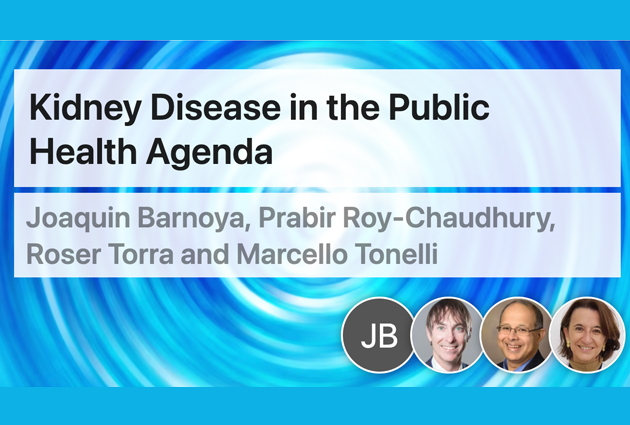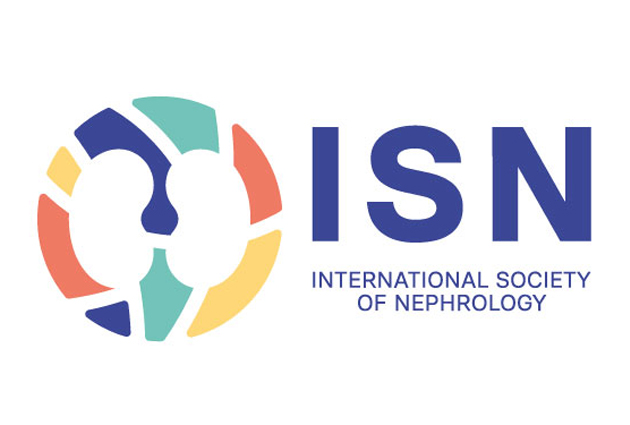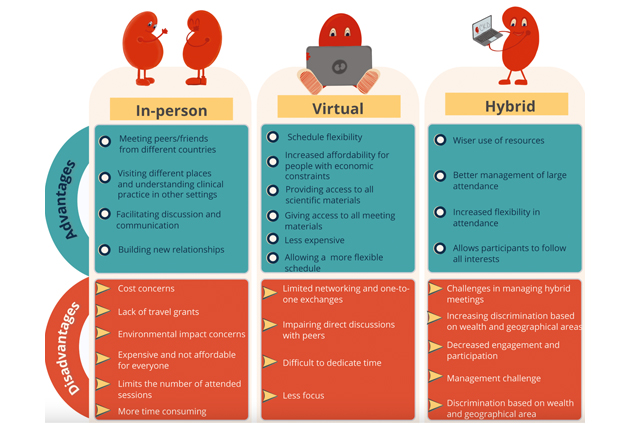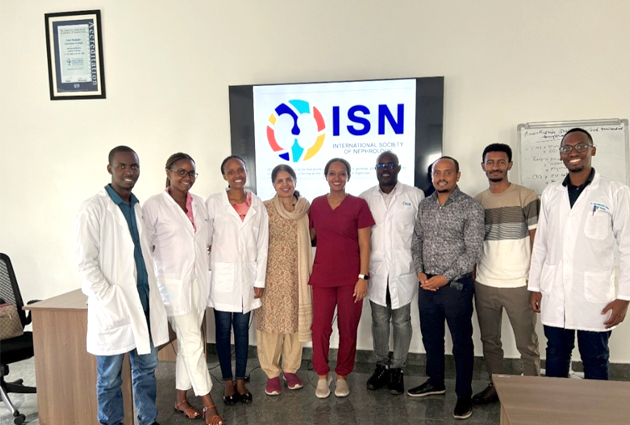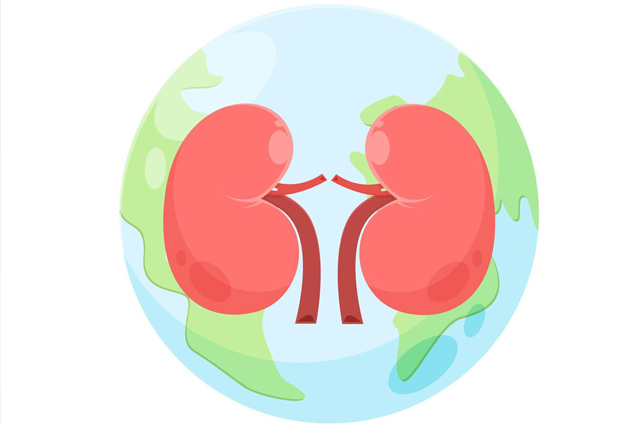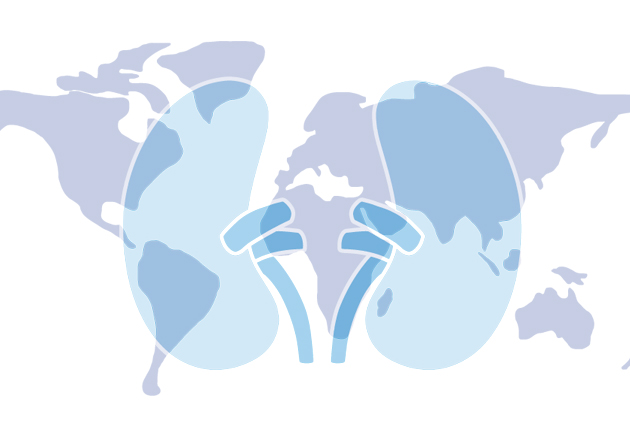The Pragmatic #Nephtrials Wrapup
A joint initiative from NephJC and the International Society of Nephrology, #NephTrials is the newest initiative in #NephTwitter. It is a tweetchat aimed at increasing awareness about ongoing trials in nephrology, and to inform the wider nephrology community about what nephrology trialists consider when designing and conducting trials. The hope is that this will ultimately increase trial participation.
The first #NephTrials discussion took place on February 16th 2021. We discussed the topic of pragmatic trials in general, anchoring the discussion with a discussion of the rationale and methods of the ongoing PHOSPHATE trial. The summary on pragmatic trials and the PHOSPHATE trial, by Manasi Bapat, can be read here.
Overall, 92 participants tweeted 573 tweets (link to symplur stats) in the space of one hour, surprising no one that such a nerdy topic would attract a wide network of nephrologists.

Some of the themes that came up during the discussion were
- The difficulty of treating hyperphosphatemia in dialysis, due to high pill burden, and onerous dietary restrictions
- The dubious clinical evidence supporting current guidelines that consists largely of observational data
- The fact that trial participants, particularly in non-pragmatic trials, are often dissimilar to the general dialysis population which calls into question the generalizability of treatment effects seen in a trial
- The need for trials designed to test treatment effects on patient centered outcomes
- Pragmatic trials are ideal in this scenario, incorporating the therapeutic strategies already part of routine care as the intervention
- A review of the TARGET and SPIRiT pilot trials, which both demonstrated that a trial of high versus low phosphate targets is feasible
- Methodological aspects of pragmatic trials
New ideas for future pragmatic trials were also brought up eg
- Ultrafiltration rate (UFR), intradialytic hypotension (IDH) and dialysis recovery time in ESKD
- Taking vs holding BP meds for IDH in ESKD
- Interventions for patient activation and subsequent outcomes
- Smooth vs sawtooth K control w/ K binders and dialysate K in ESKD
- Routinely reporting vs requested Kt/V in PD
- Anemia treatment in ESKD with outcomes like survival and hospitalization
- Blood pressure targets in ESKD
- Low sodium dietary advice and CKD outcomes
A curated summary of the entire tweetchat can be browsed here
Stay tuned for the next edition of #NephTrials!



